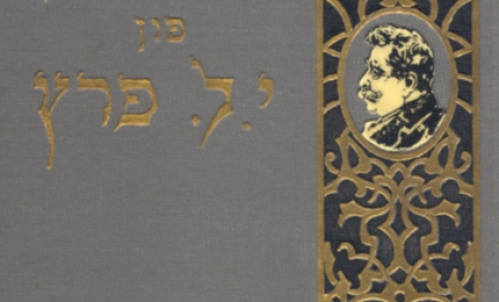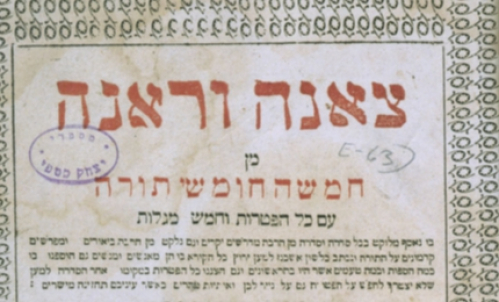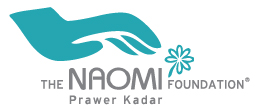Creating Identity: Yiddish Across a Spectrum of Jewish Communities Today
Today, there are approximately half a million Yiddish speakers in the United States. But what role does it play in speakers’ lives? How is Yiddish used by Jewish communities today? Isabelle Barrière, Sarah Bunin Benor and Ross Perlin discussed the ways Hasidic, Modern Orthodox and alternative Yiddish communities use Yiddish both to create a common identity and to establish difference between themselves, non-Jewish society and other Jewish communities.
About the Participants
Isabelle Barrière’s research investigates the early language development of monolingual and bilingual children exposed to different signed and spoken languages. In addition to her positions as a member of the faculty of Brooklyn College and of the Graduate Center/CUNY, Dr. Barrière is Director of Research for Policy and Education at Yeled V’Yalda Early Childhood Center – one the largest Head Start programs in NYC that serves more than 2,000 children, 70% of whom speak 15 distinct languages other than English at home, including Yiddish.
Sarah Bunin Benor is Associate Professor of Contemporary Jewish Studies at Hebrew Union College – Jewish Institute of Religion (Los Angeles campus) and Adjunct Associate Professor in the University of Southern California Linguistics Department. She is the author of Becoming Frum: How Newcomers Learn the Language and Culture of Orthodox Judaism (2012), and she has published and lectured widely about Jewish languages, linguistics, Yiddish, American Jews, and Orthodox Jews. Benor is founding co-editor of the Journal of Jewish Languages (Brill) and creator of the Jewish Language Research Website and the Jewish English Lexicon.
Paul Glasser is is former dean of the Max Weinreich Center at YIVO. He received his Ph.D. in linguistics from Columbia University. He has taught, researched, and written about Yiddish language and linguistics for many years. He currently writes a column on Yiddish for the Yiddish Forward newspaper.
Ross Perlin is a writer and linguist based in Brooklyn. He is the Assistant Director of the Endangered Language Alliance, a non-profit based in New York, where he also directs the Jewish Languages Project. He learned mame-loshn as an adult, studying at the Vilnius Yiddish Institute, working for the Folksbiene Theater, and later serving as an Asia correspondent for the Yiddish Forward. He has written on languages, labor, China, and Jewish diversity for a wide range of publications. He is also the author of Intern Nation: How to Earn Nothing and Learn Little in the Brave New Economy, which first came out in 2011.
Naomi Prawer Kadar Foundation, Inc.
The Annual Naomi Prawer Kadar Memorial Lecture at the YIVO Institute provides an opportunity for the public to explore topics of Yiddish language and linguistics, the history of Yiddish, Yiddish children’s literature and education. The lecture is supported by the Naomi Prawer Kadar Foundation, Inc., which is dedicated to reimagining education. As an extension of Naomi Prawer Kadar's life’s work, the foundation's goal is to empower educators and promote leadership in education in order to inspire and nurture the next generation. Through entrepreneurial and established channels and together with their partners and grantees, the Naomi Foundation drives innovation to create meaningful and lasting impact. The Naomi Foundation champions Yiddish, Naomi’s lifelong passion, as a vibrant, rich, and contemporary language. The Naomi Foundation advances the teaching and learning of Yiddish, particularly in academic and scholarly settings.


